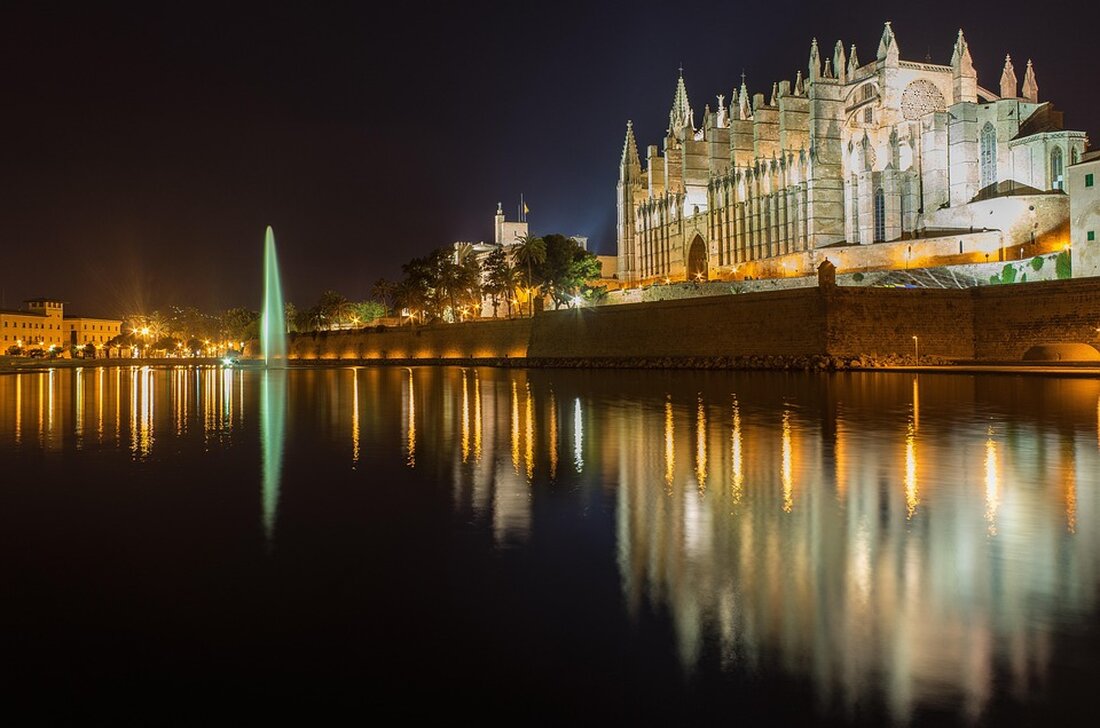Reduction in beach loungers in Palma: Mallorca is fighting against mass tourism!
Mallorca plans to reduce beach loungers by 20% from 2026 to combat mass tourism and environmental problems.

Reduction in beach loungers in Palma: Mallorca is fighting against mass tourism!
The Balearic island of Mallorca, a popular holiday destination for millions of tourists, is facing major challenges from mass tourism. Around 5 million tourists visited the island last year alone, which leads to overcrowding on the beaches, garbage problems and polluted nature. This situation is exacerbated by the climate crisis, which brings rising temperatures and water shortages. The city council of Palma has now decided to reduce the number of beach chairs on the beaches by around 20% from 2026. This is a response to dwindling space caused by rising sea levels and overcrowded beaches. Watson reports that In the future, only 4,436 loungers will be placed at Playa de Palma instead of 6,000, while at Cala Major the number will drop from 300 to 250.
Locals are already expressing their dissatisfaction with the many paid loungers and the lack of space for their own towels or deck chairs. To meet the needs of tourists, the city plans to introduce “premium loungers” that will provide more privacy. Furthermore, the rental period for beach loungers and parasols will be extended from the end of October to the beginning of November.
A pact for sustainable tourism
In May 2024, the regional government of the Balearic Islands announced a political and social pact for sustainable tourism. This pact aims to minimize the negative impact of mass tourism on the environment and society. Antoni Riera, Professor of Applied Economics and Technical Director of the Impulsa Balears Foundation, leads the technical committee, which consists of twelve thematic working groups. These groups address areas such as environmental sustainability, social sustainability, tourism services and competitiveness. Mallorca Magazine mentions that each group is coordinated by a director general of the regional government.
However, there are also differences within the pact. Organizations such as the Citizens' Interests Forum and the environmental association Grup d'Ornitologia Balear (GOB) have withdrawn, leading to criticism of the committee's credibility. Protests in Mallorca in 2024, in which up to 20,000 people took part, were directed against the negative consequences of mass tourism. The main issues of these protests were rising rents, noise, pollution and the unequal distribution of tourism profits.
The way forward
The government has called on the population to take part in the sustainability pact. Proposals could be submitted between July 1 and October 31, 2024, with a total of 576 contributions received. The main themes of the proposals were: environment (42%), transport and sustainable tourism. The working groups are currently examining the proposals in order to develop strategic guidelines and action plans. However, it remains unclear whether the concerns of the withdrawn organizations will be addressed and whether concrete measures against mass tourism will be implemented.

 Suche
Suche
 Mein Konto
Mein Konto